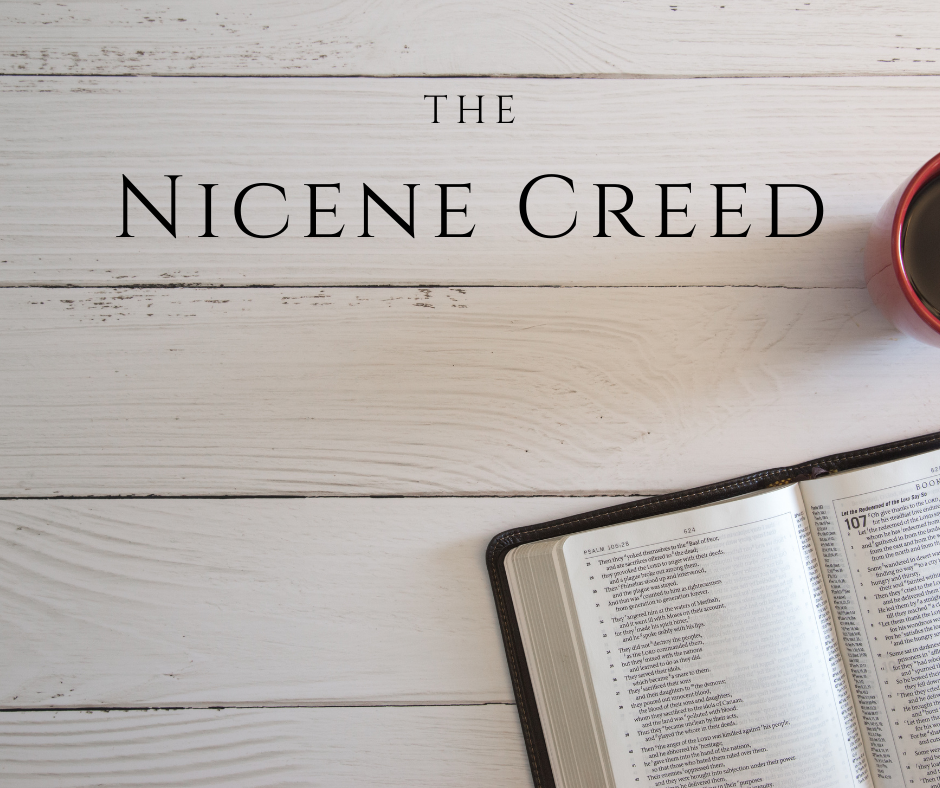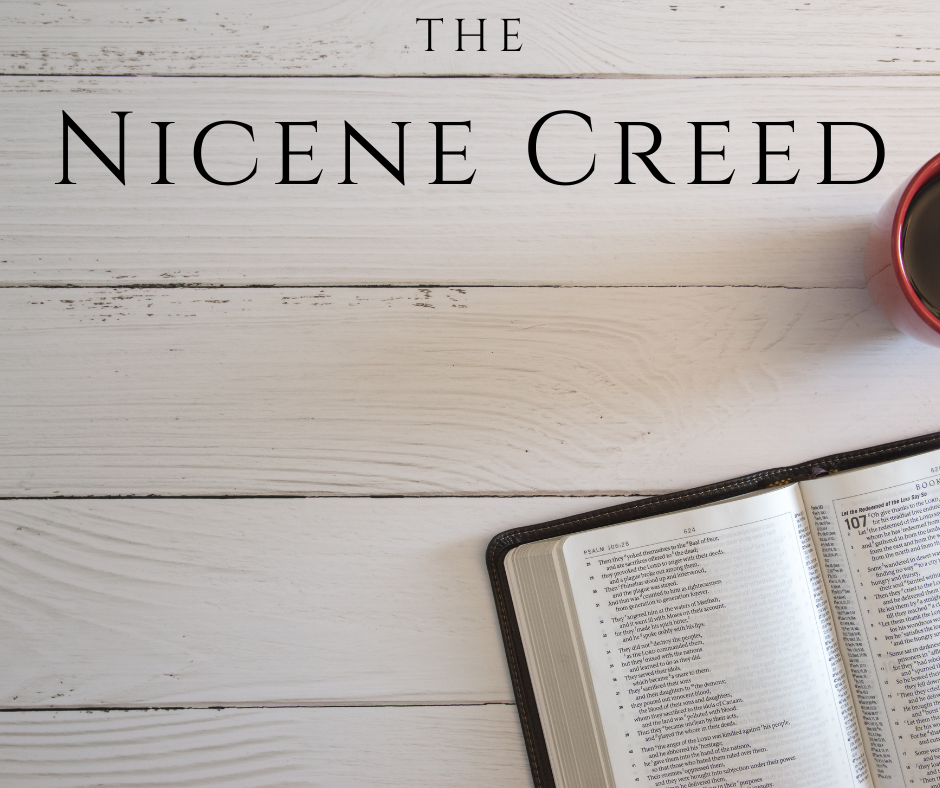And was buried
I have often mentioned that we often look at Christ's death on the cross as the only thing that Christ came to earth to achieve for us. It is an essential part of his earthly ministry but not the only part of his ministry on earth. The burial of Jesus is an integral piece of the gospel message (1 Cor 15:3-4, Acts 13:26-31). The burial is mentioned in all of the Gospel accounts (Mt 27:57–61; Mk 15:42–47; Lk 23:50–56; Jn
And Suffered
Christ’s human nature truly suffered while on earth. Pain is hard for some of us to be able to imagine. Some people live with pain every hour of every day. However, we all at some point know what it is like to hit our hands with a hammer, or stand on a Lego block, or jamb our fingers in a door. This pain is sharp yet brief. The reality is that Christ was not superhuman; the Godhead and Manhood were
Under Pontius Pilate
As we consider the crucifixion, we notice a statement in the Nicene Creed that is quite different from the rest of the creed. The creed explains that Christ was crucified for us ‘under Pontius Pilate.’ This is the only historical statement made in the creed, The Son of God is begotten from the Father before all ages. We know the Political Leaders at the time of Christ’s birth (Luke 2:1-3, Matt 2:1ff). Why is this political reference made? The birth
He was crucified for us
The Christian cross is a strange symbol for Christians to wear, place on a church, or display in their house. Crucifixion was a form of capital punishment for criminals. We get the word cross from the Latin word ‘crux.’ The form of crucifixion was generally reserved for heinous crimes. Roman citizens would not be crucified because they saw it as too horrific for their citizens. The purpose was not merely to give someone the death penalty but to humiliate them
Virgin Birth
The virgin birth was widely received by the church from the beginning, since the rise of higher Criticism, which sought to place modernity higher than the Scriptures. This greatly affected the American church in the late 18th century and the beginning of the 19th century. Although Higher Criticism started in the 17th century, at the turn of the 18th century, the rise in popular thought began to emerge. Higher Criticism seeks to place-specific scientific methods above the Scriptures. These methods
Made Man
Jesus came down from heaven, as a man. The Son of God, the second person of the Trinity, of one substance and equal to the Father, when the fulness of time came took on flesh, taking on all the essential properties of man, yet without sin. The two whole and distinct natures, the Godhead and Manhood were inseparably joined together yet without composition, confusion or conversion. Which person is very God, and very man, yet one Christ, the only Mediator
Came down from heaven
One of the most beautiful lines in a hymn that I can get lost in is the hymn, ‘The Church’s One Foundation,’ by Samuel Stone (1839-1900). The line is, “From heaven, he came and sought her.” The Westminster Divines call this Christ’s humiliation. Christ, the Son of God, coming down to our level. He became a man, the creator of all things, stepped into creation. We often think of Christ’s death and resurrection, possibly his ascension, maybe his birth. But
For us and our salvation
The next portion of the creed looks at the Son as he comes to earth as the mediator between God and man. The introductory statement, "For us men and for our salvation," teaches us the important decision we have mentioned before (The only Son of God), the ontological and economic Trinity. Last week, we looked at God's divine activity or the doctrine of inseparable operations. Each person of the Trinity is the creator. The term "economic Trinity" focuses on what
Through him all things were made
As we have been looking at the second person of the Trinity in the Nicene creed, we have noted that the only Son of God is eternally begotten, not made, of the Father. He is the same essence as the Father. God from God, Light from Light, very God from very God. One of the critical aspects of this is that the Son is NOT a created being but is the creator. This error is the beginning of many heretical
Begotten, not made
We have been looking at the eternal generation of the Son. This important doctrine is misunderstood or forgotten. One of my favorite stories is the discussion between Arius, a heretic whose teaching sparked the need for the Nicene Creed. Arius was talking to ‘Saint Nicholas’ (yes, he was a real person), and Nicholas finally slapped Arius across the face. This might seem like a strong reaction. However, the topic we are talking about has significant theological implications. Is the Son





